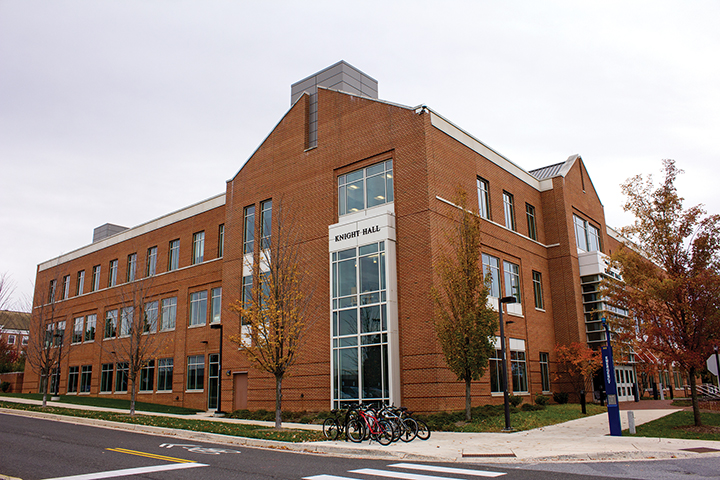The University of Maryland, the White House Correspondents’ Association and the Newseum Institute are coming together to create an archive of presidential pool reports written by White House correspondents.
This archive will digitize all available press pool reports, which are daily accounts of the president’s activities, including meetings with political leaders and trips overseas. These reports began in the early 1900s.
Some presidential libraries keep archival records of all presidential press pool reports from specific administrations, but there is no central location or set of archived reports.
[Read more: Discussion digs deep into the history of UMD activism]
Centralizing this information may make research easier for students and faculty, said Chuck Howell, librarian for journalism and communication studies.
“The material within this collection has been available, but to find it you have to look at various newspaper coverages of the story, and then they would make what use of it they wanted so you would get different versions of what happened,” Howell said. “This is going to make it much easier to find exactly what happened and exactly what you’re looking for.”
The archive is a collaboration between WHCA, the Newseum, this university’s journalism school, the information studies college and University Libraries.
[Read more: UMD releases online campus tour highlighting African-American contributions]
First, the groups will reach out to WHCA members who may have old reports from their time as correspondents, said Lucy Dalglish, the dean of this university’s journalism school.
“The first task we have is to reach out to the WHCA archival members to go through their basements and garages and look for old reports,” Dalglish said. “We think there’s a good chance we can find most of these outstanding reports. Journalists are notorious packrats, so I think there are a handful of people who will have a lot to give us.”
University Libraries will help play a role in digitizing reports that were previously paper copies. Reports were written exclusively on paper until the Obama administration.
The journalism school and the Newseum will work together to host programming related to the archives, such as conferences, Dalglish said.
The information studies college will create new data management tools that will help link researchers to other contextual information.
There is not an exact plan for how this information will be presented, but Keith Marzullo, the dean of the information studies college, said he expects it to be an asset for researchers as well as reporters.
“What we present has to be robust, so the vision is that it will link to all sorts of info that people find interesting, including things like videos PBS has made now and news stories that are about the topic,” Marzullo said.
The University Libraries also currently house two other archives related to journalism, including the National Public Broadcasting Archives and the Library of American Broadcasting, which includes records and papers from early journalists and producers, according to Michael Henry, coordinator for the library’s special collections and university archives.
Henry said he believes that the new archive will go well with this university’s current collections.
“It would nicely complement our material and could fill in the gaps of what we already have,” Henry said. “And it might give us more insight into the work of other reporters [whose material and papers] we already have here.”



